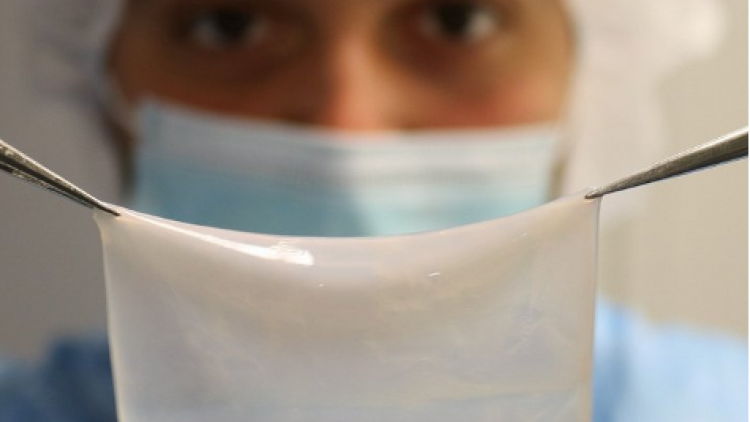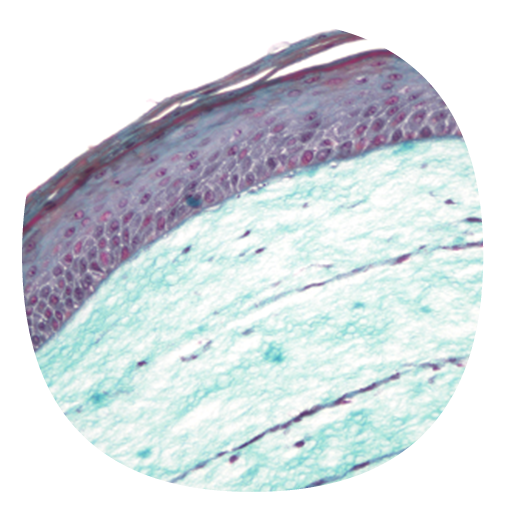Poietis


TISSUE
Bioprinted Dermo-Epidermal Subsitute - Poieskin®

June 2021
Poietis is a spinoff from INSERM and University of Bordeaux where laser assisted bioprinting technology was initially developed. The company provides solutions leveraging a proprietary, innovative next generation bioprinting platform and tissue manufacturing skills to develop and produce bioprinted tissue for wound healing and other applications.
The Project
Bioprinting technology involving printing of human cells and biomaterials to create a dermo-epidermal substitute that mimics the physiological skin is very promising.
Poietis is developing a bioprinted skin substitute product considered as a Tissue Engineering Product (ATMP). The bioprinted skin - Poieskin®, is a bioprinted dermo epidermal autologous substitute containing a dermis equivalent made with fibroblasts and collagen, and a differentiated epidermis with keratinocytes. This represents a new therapeutic tool that can easily be used for manufacturing at point of care, as close as possible to the patients.


During non clinical development stages, dermo-epidermal substitutes need to be transported for further characterization and functional studies. Cellbox™ offers a solution to transport samples in a controlled environment with temperature and CO2 regulated during product maturation phases. Samples were packaged according to guidelines, then transferred into the pre-conditioned chamber of the Cellbox™ Shipper. The transport parameters were set at 37°C and 5% CO2 prior to being transported. The Cellbox™ departed Pessac, France.
The Outcome
Upon arrival in Marseille, histology sections were obtained and microscopic examinations were done and analysed with Poietis‘ scoring grid (a tissue is considered compliant if its total score is ≥ 50%).
This revealed no statistical difference in appearance and scoring when compared to samples that were not transported.

Microscopy (X20) Histology Section
(GOLDNER TRICHROME STAINING)
Microscopy (X20) Histology Section
(GOLDNER TRICHROME STAINING)
Cellbox™ turned out to be a really good solution for the transport of our dermo-epidermal substitutes, the temperature and CO₂ were stable during the whole seven hours trip.

